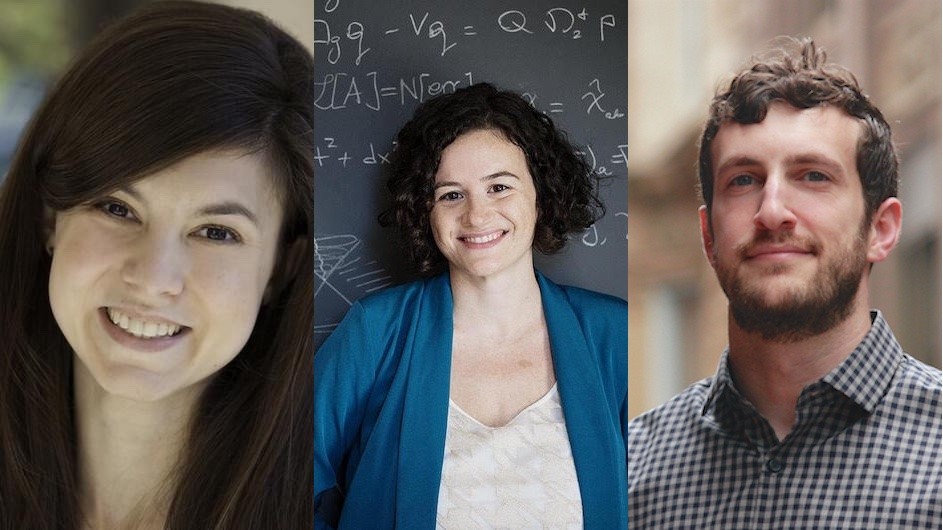Three Columbia faculty members have won 2024 Sloan Research fellowships, one of the most competitive and prestigious awards available to early-career scholars. Since the first Sloan Research Fellowships were awarded in 1955, 181 faculty from Columbia University have received them, including this year’s winners. A total of 57 Fellows have also received a Nobel Prize.
This year, 126 young scientists across the U.S. and Canada were awarded fellowships. The fellowship is open to scholars in chemistry, computer science, Earth system science, economics, mathematics, neuroscience, and physics. Winners receive a two-year, $75,000 fellowship.
“Sloan Research Fellowships are extraordinarily competitive awards involving the nominations of the most inventive and impactful early-career scientists across the U.S. and Canada,” said Adam F. Falk, president of the Alfred P. Sloan Foundation. “We look forward to seeing how Fellows take leading roles shaping the research agenda within their respective fields.”
The Columbia fellows are:
Laura Doval

